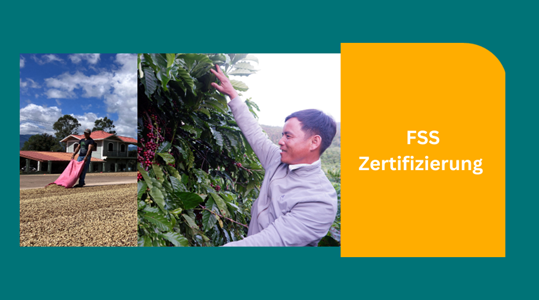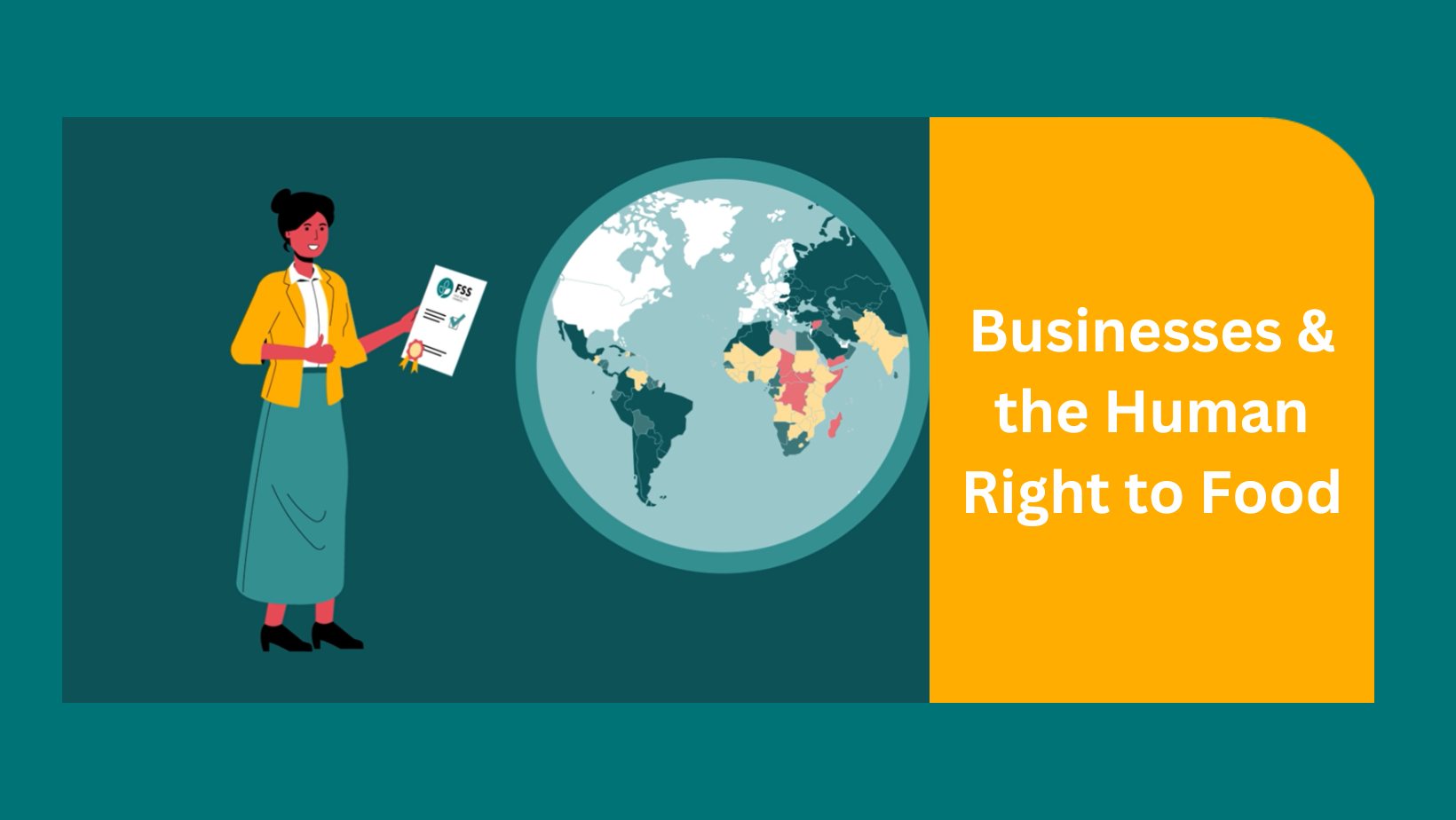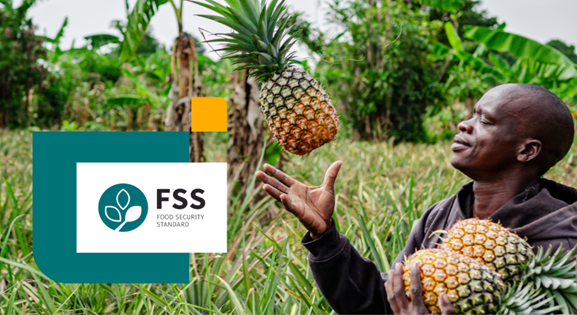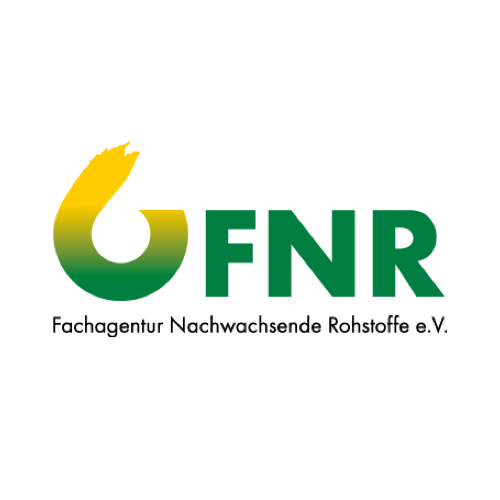Dear supporters of the FSS,
“Zero hunger supply chains are not yet a reality, but they are feasible” — this year marks the 20th anniversary of the Right to Food Guidelines, which were developed for states to support their duty in realizing the right to adequate food to set the legislative framework. As complex as this document is, food security is strongly interconnected with human rights: children’s rights, labor rights, the right to health, the right to education, the right to water, and the right to social security. Human rights are universal, indivisible, and interdependent.
The private sector plays a key role alongside the state’s legal framework. The ultimate goal should be respecting human rights and ensuring food security for workers, smallholder farmers in their supply chains and neighboring communities.
In the first half of 2024, significant strides have been made in the realm of corporate due diligence. The positive Corporate Sustainability Due Diligence Directive (CSDDD) vote marks a major milestone in an EU-wide level playing field for companies involved in global supply chains to showcase their commitment to human rights and back up claims with valid facts.
The FSS team has also worked to promote responsible and sustainable protection of people and resources by increasing awareness, collaboration, and exchange among different stakeholders. We’ve seen inspiring examples of companies adopting measures against food insecurity, farmers gaining better access to nutritious food, and communities benefiting from improved food security in their areas.
This newsletter will highlight several key developments and initiatives the FSS Team has initiated in recent months alongside our wonderful partners. We are excited to share news on the latest FSS users, events, and significant milestones that have raised awareness about hunger in agricultural supply chains and prompted a reevaluation of business practices. We hope you find these stories as inspiring and informative as we do.
Greetings,
The FSS Team

FSS Expert Panel at Global Forum for Food & Agriculture 2024
We kicked the year off with an enriching discussion within the FSS Expert Panel “Zero hunger supply chains are not yet a reality, but they are feasible” at the Global Forum for Food and Agriculture (GFFA) 2024. What was the main aim? Bringing together stakeholders from different sectors —including Lutz Hartmann (Fruitbox Africa, Ethiopia), Bettina Rudloff (SWP), Alejandra Rueda Zarate (NES Naturaleza, Colombia) and Dr. Jan Henke (ISCC & Meo Carbon Solutions)—to discuss challenges regarding human rights compliance under the current legislative plans of the EU Green Deal as presented by our partners of GvW Graf von Westphalen (Dr. Lothar Harings).
Fruit Logistica
The Food Security Standard attended this year’s FRUIT Logistica and had the pleasure to meet Vegbox Horticulture plc and the Ethiopian Horticulture Producer Exporters Association (EHPEA). At the event, the Food Security Standard engaged with international producers and exporters in the fruit sector, discussing the vital role of due diligence laws in securing food accessibility for farmers within agricultural production and the agricultural production of various fruits.
14th ISCC Global Sustainability Conference
In February 2024, the 14th International Sustainability and Carbon Certification (ISCC) Global Sustainability Conference provided participants with valuable insights into corporate sustainability due diligence and addressing human rights. It highlighted the successful implementation of the FSS through the Food Security Add-On in GREMCA SA’s ISCC EU and PLUS certification—proving that human rights due diligence obligations at production level of agro-industrial companies can be complied with and zero hunger in supply chains can be achieved!
Explore more about GREMCA’s certification process in this new FSS article here!
Boosting Kenyan Exports: Webinar on HumanRights and Food Security Standard in Agriculture
In partnership with the Kenya Export Promotion and Branding Agency and GvW Graf von Westphalen, the Food Security Standard team organized a webinar on 3 April 2024, focusing on the discussion of challenges, strategies, and solutions for implementing human rights in agricultural production in Kenya. With an engaged audience, we explored methods to integrate food security measures into agricultural practices—aiming to bolster the competitiveness of Kenyan exports and provide them with a unique market edge.
Due Diligence Requirements in Sustainability Certification for Food and Cotton Products in India
The Food Security Standard—alongside the Indo-German Chamber of Commerce, IGCC SustainMarkets, Welthungerhilfe (WHH), Meo Carbon Solutions, and GvW Graf von Westphalen, contributed to a second webinar on 5 April 2024.
The webinar focused on current and forthcoming legislation regarding due diligence and its implementation in agricultural production in India.

Food Security Sensitive Management (FOSSEM) offers a gradual path to fulfilling the right to food and achieving FSS certification. Recognizing that full compliance can be challenging, FOSSEM provides a customizable, step-by-step approach for farms and smallholder farmers not yet fully certified, especially those in challenging contexts. This method supports the implementation of human rights due diligence and can lead to full certification—showcasing a company’s commitment to corporate social responsibility and duty of care.
During our side event at the GFFA Berlin, the Food Security Standard team awarded Vegbox Horticulture plc with a letter of recognition for FOSSEM Basic.
Discover more about Food Security Sensitive Management (FOSSEM) in this flyer!

The Food Security Standard is delighted to share two successful FSS Certifications, marking significant progress towards achieving hunger-free coffee supply chains and promoting socially sustainable agricultural practices in Vietnam and Honduras. Watch our video highlighting the FSS success stories here!
Intimex My Phuoc
Intimex My Phuoc—a prominent Vietnamese coffee producer—plays a significant role in the country’s coffee industry through the trade, processing, and export of green beans, roasted coffee, and instant coffee. In January 2024, Intimex My Phuoc received FSS certification as part of its 4C Audit under the Food Security Add-On, marking a significant step towards ensuring that workers and farmers producing Vietnamese coffee are not facing food insecurity.
Fundación CoHonducafé
Fundación CoHonducafé—situated in San Pedro de Sula, Honduras—unites smallholder coffee farmers with to promote the environmental and social sustainability of agricultural activities within producer communities. The foundation took proactive steps to improve the food security of its producers and neighboring community—receiving FSS certification as part of its 4C Food Security Add-On Audit in April 2024.

FSS is listed in SME standards compass
The Food Security Standard is thrilled to announce that it has been listed in the SME Compass. This Compass provides a performance overview with valuable insights for companies based in Germany and the EU that fall under the regulation, helping them to identify and review suitable standards.
To see the scoring of the FSS in the SME Compass, click here!
Terms of Reference for Environmental and Social Impact Assessment and Management Plan sensitive to the Right to Food
A significant number of individuals involved in food production, including agricultural workers and smallholder farmers, face poverty and food insecurity. The expansion and development of cultivated land pose various risks, such as forced displacement, restricted access to land and natural resources, water scarcity, and environmental and health issues. These challenges can exacerbate food insecurity for farmers and local communities.
To manage these risks responsibly, businesses can plan agricultural developments that upholds the right to food by conducting an environmental and social impact assessment (ESIA). An ESIA helps businesses identify and predict the impacts of their operations, particularly on the food security of workers and surrounding communities.
The Terms of Reference (ToR) aims to support those conducting or updating the ESIA and ESMP to reflect the right to food. In addition, it can support organizations to guide businesses on ESIA and ESMP to better reflect the right to food within their guidance and materials.
Cost of Ending Hunger – Consequences of Complacency, and Financial Needs for SDG2 Achievement
In this study by the Center of Development Research (ZEF) , the authors evaluate and propose the necessary investments and strategies to achieve the G7 commitment of lifting 500 million people out of hunger by 2030. Furthermore, the study identifies impactful short-term measures, assesses the financial implications of delayed actions, and explores the possibility of extending the deadline to 2040 for a more realistic approach. ZEF-Discussion Papers on Development Policy No. 447 aims to balance immediate interventions with long-term sustainable solutions and emphasizes the importance of substantial, timely investments and coordinated global policy actions to end hunger.
Click here to read the Cost of Ending Hunger Paper!
Business Responsibility in Realizing the Human Right to Food
Addressing food security in the production stage of the agriculture supply chain requires the participation and collaboration of the state, local communities, trade unions, civil society, as well as private businesses. However, there remains confusion regarding the extent of businesses’ responsibility and the actions necessary to fulfil this duty.
The FSS team has developed a document explaining each entity’s responsibility in respecting right to food, with the focus on the business. It also highlights the importance of collaboration with diverse stakeholders to address the food security risks and how food security standard can be utilized in the overall process of the due diligence system, from risk identification to risk management and monitoring.





